

William Stopford
2026 Kia EV9: Hot GT arrives as Korean brand's priciest model ever
3 Minutes Ago
The ins and outs of the instant asset write-off scheme, and how recent changes impact commercial vehicle purchases this EOFY.

Deputy Marketplace Editor
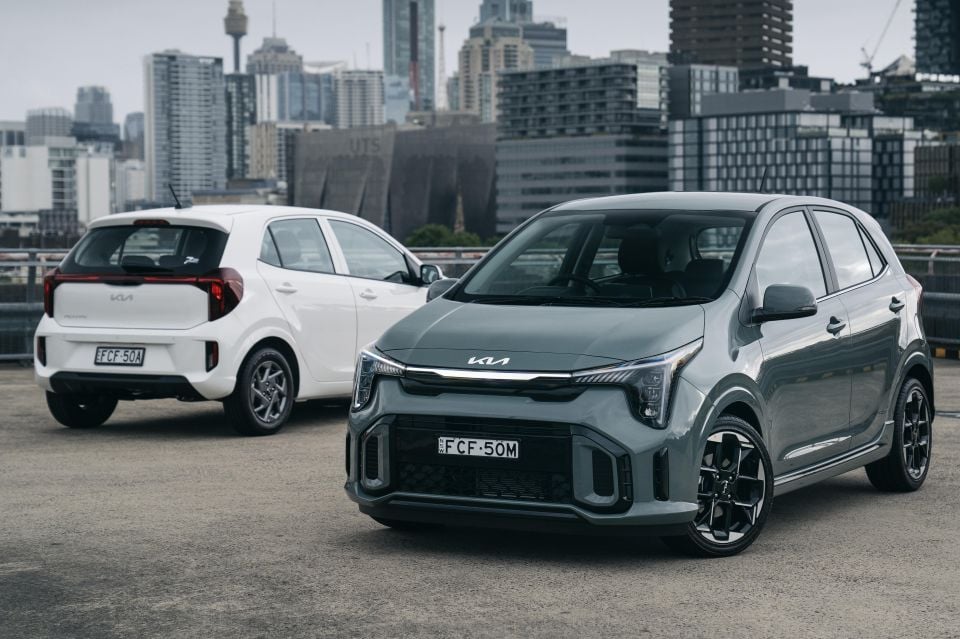

Deputy Marketplace Editor
June is here… which means June 30 isn’t far away, and tax time looms.
The instant asset write-off (IAWO) scheme used to be a great way for businesses to save some cash on big purchases (including cars), but the 2023-24 Federal Budget proposed significant updates that could take effect for the financial year ending June 30, pending parliament approval.
But what even is the instant asset write-off scheme? And what do the changes mean for businesses?
First introduced in 2011, the instant asset write-off scheme enables eligible businesses to claim an immediate deduction for the business portion of the cost of an asset in the year the asset is first used or installed.
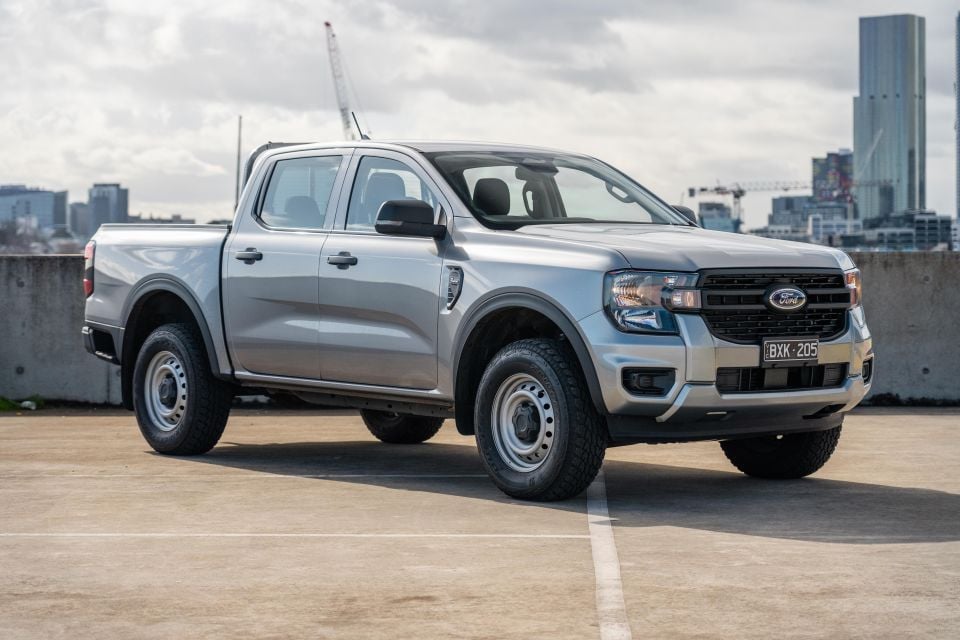
In other words, the work-related portion of the cost of a new car can be treated as a tax deduction, thereby reducing the taxable income of the business.
Before the program launched, businesses would be required to depreciate assets incrementally over a period of several years.
The IAWO scheme sees those same businesses receive the entirety of the tax deduction at the end of the financial year of purchase/installation.
The IAWO can be used for new or second-hand assets purchased in the financial year of the write-off claim that fall below a specific price threshold.
Multiple assets can be written off up to that $20,000 threshold.
The instant asset write-off eligibility criteria and thresholds have changed over time, and the 2023-24 Federal Budget announced in May 2023 included a raft of updates to the scheme.
Should changes detailed in the 2023-24 budget be actioned, fewer businesses will be eligible for the instant asset write-off this tax season, and those that do qualify can’t claim as much as they used to.
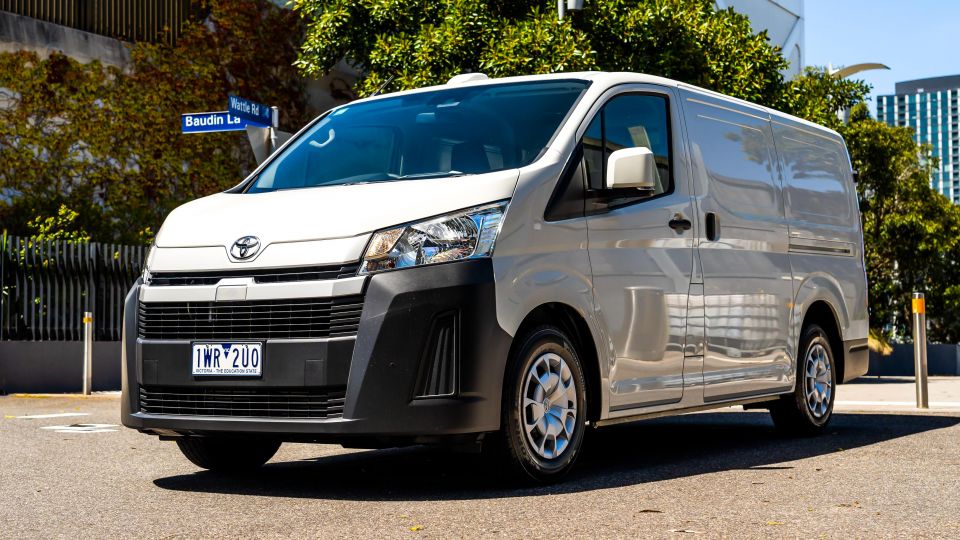
At one point businesses with a turnover of up to $500 million were eligible to use the scheme with instant write-offs available for both new and used vehicles, but that threshold has been cut to $10 million annual turnover.
Up until June 30, 2023 the scheme allowed for a piece of new equipment up to the value of $150,000 – $65,000 for cars that seat fewer than 9 or carry less than one tonne – to be instantly claimed.
The proposed total value claimable is now just $20,000.
Work vehicles purchased before June 30, 2023 but delivered at the start of this financial year are subject to the new instant asset write-off thresholds, and all work vehicles delivered since then fall under the same rules.
Any vehicle with a value of $20,000 or more must be depreciated at 15 per cent in the first income year, and 30 per cent each income year thereafter.
In the latest budget detailed in May 2024, the Federal Government announced a 12-month extension of the $20,000 instant asset write-off until June 30, 2025.
It’s set to be a lot harder to write off a work vehicle in one hit.
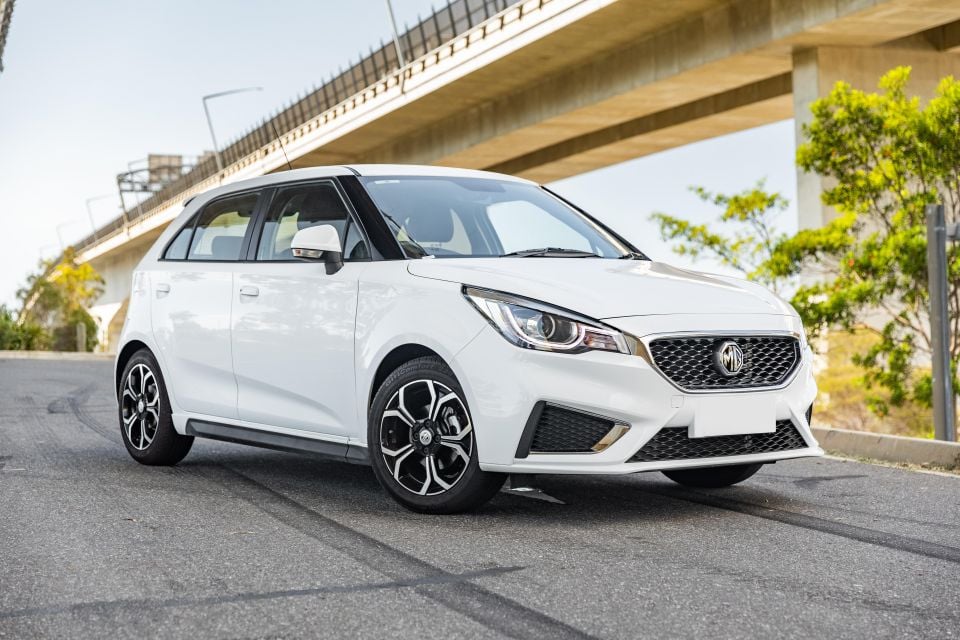
Utes and vans are among the most popular commercial vehicles, and none are available new for less than the $20,000 threshold.
That means businesses requiring these vehicles will be forced to look to the used market if they want to reap the rewards of the instant asset write-off scheme.
In fact, the only new cars that fall below the threshold are the MG 3 and Kia Picanto, both small hatchbacks that offer little to tradies. However, these cars still serve a purpose for businesses after a company runabout.
Businesses that elect to ignore the changes and fork out for new Ford Ranger and Toyota HiAce models will cop a hit to cash flow as a result of the stricter thresholds.
Larger businesses are now excluded from the scheme altogether, and must depreciate commercial vehicles over a period of three or more years.
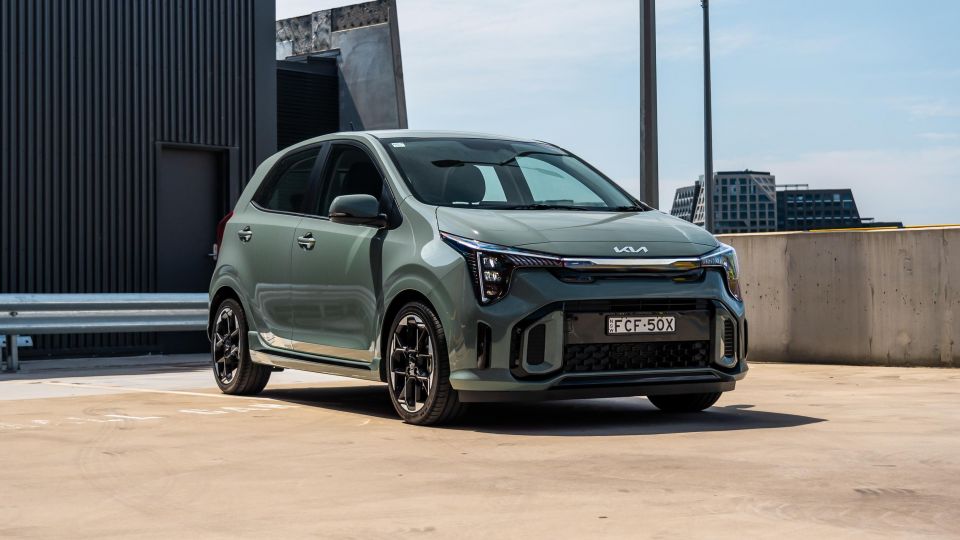
Disclaimer: The information on this website is for general purposes only and not a substitute for professional financial advice. CarExpert recommends seeking independent legal, financial, taxation or other advice unique to your individual circumstances.
Josh Nevett is an automotive journalist covering news and reviews, with a background in motorsport journalism.


William Stopford
3 Minutes Ago
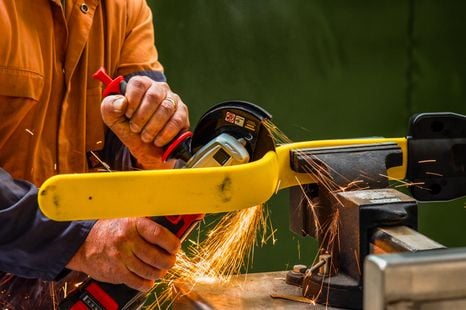

Paul Maric
1 Hour Ago


Damion Smy
1 Hour Ago


Damion Smy
4 Hours Ago


William Stopford
4 Hours Ago
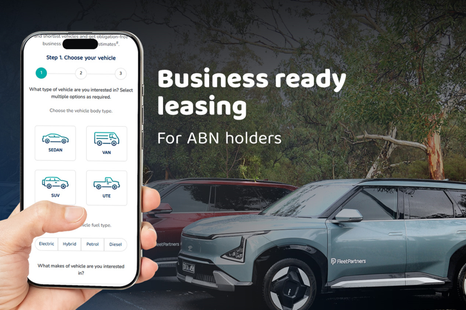

CarExpert
5 Hours Ago
Add CarExpert as a Preferred Source on Google so your search results prioritise writing by actual experts, not AI.